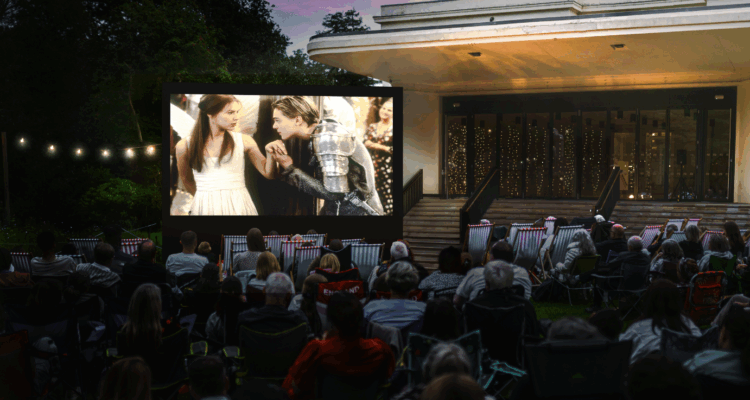King Lear – “Shakespeare’s Greatest Tragedy”
As you know, Calderstones Mansion will soon be opening its Garden Theatre for the first time in 30 years, to none other than Shakespeare's Globe's touring production of King Lear! Everyone at TRO is getting jittery with excitement, and already a huge portion of tickets have been sold. So get yours quick!
We thought we'd whet your appetite just that bit further by showing you this trailer...
https://www.youtube.com/watch?v=Gjed4hCuCfw&list=PL2alQNZWKx8OFaRYIYN7Z3kR4jqqln6i_
For those of you who aren't familiar, the play is the story of old King Lear, who proposes to give up his crown and divide his kingdom between his three daughters. However, his rash generosity is cruelly repaid when he is caught in a web of lies and deceit by those closest to him, and he discovers all too late the falsity of values by which he has lived. Eventually plunged into despair and madness, King Lear is described by The Globe to be 'a profound exploration of the human condition in all its extremes and complexity'.
I am a man more sinned against than sinning.
- Lear
Joseph Marcell, who plays King Lear, calls it "just magical". Executive Producer Tom Bird calls it "one of Shakespeare's greatest tragedies". So, what exactly is it that makes King Lear so popular?
According to scholarly research, Shakespeare authored King Lear around 1605, between Othello and Macbeth, and three years after its highly-ranked competitor, Hamlet. Despite being set in a time far removed from its creation, its plot line reflects anxieties that would have been close to home for Shakespeare's audiences around this time.
Thou shouldst not have been old before thou hadst been wise.
- The Fool
Performance History expert Rebecca Brown believes that Shakespeare drew his inspiration for King Lear from a mixture of myth, legend and history (read more). Strangely enough (though perhaps not so strangely...) Shakespeare's version is the only one to end unhappily.
Two real-life cases that are believed to have had some influence on Shakespeare's writing of the play include a lawsuit, in which the eldest of three sisters tried to have her elderly father declared insane so she could take control of his property. There is also the case of Mayor of London William Allen, who was treated very poorly by his three daughters after dividing his wealth among them.
Men must endure their going hence even as their coming hither.
- Edgar, as Poor Tom
Another keen theory is that Shakespeare was trying to expose the fragility of Elizabethan society in England, which demanded that absolute deference and respect be paid to not just the wealthy and powerful, but to parents and the elderly. The suffering of Lear and Gloucester at the hands of their own children demonstrates how vulnerable parents can actually be. So be good to your folks, kids!
Tickets for King Lear at Calderstones can be bought via The Globe Box Office website or by calling 020 7401 9919. Find out more here.
Share
Related Articles

Shared Reading in Wirral Libraries: ‘As a kid people read stories to you but as an adult you lose that – and it’s a fantastic thing to do!’
Two Strategic Librarians for Wirral Libraries, Kathleen McKean and Diane Mitchell have been working in partnership with the UK’s largest…

Open Air Cinema FAQ’s
If you were able to snap up tickets to our brand new Open Air Cinema, check below for any queries…

New Liverpool open air cinema brings movies to the Mansion
NEW FOR 2025: Eight handpicked films will hit the big screen in Calderstones Park this summer as national Shared Reading…


